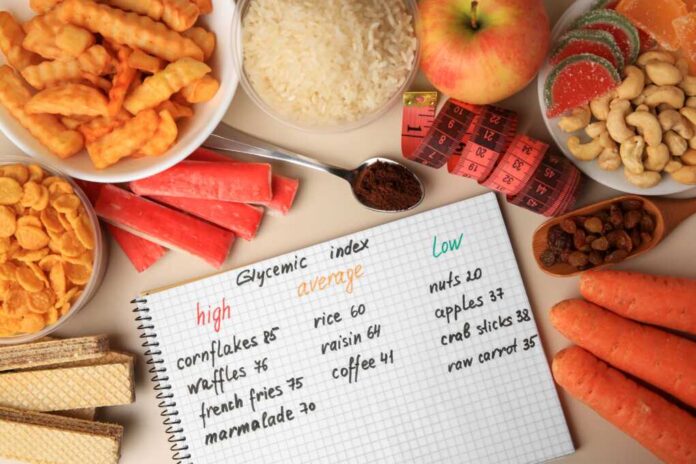
The surge in diabetes rates highlights a practical solution: pantry staples that help manage blood sugar.
Story Highlights
- Dietitians recommend specific pantry staples to control blood sugar.
- Items like chia seeds and almond flour offer nutritional benefits.
- Focus on affordable, accessible foods for effective management.
- Dietary guidance aligns with ADA standards and public health.
Practical Pantry Solutions for Blood Sugar Management
In response to the rising rates of diabetes and prediabetes, nutritionists have highlighted the importance of stocking kitchens with specific pantry staples. This strategy emphasizes the accessibility and affordability of items such as chia seeds, canned fish, almond flour, legumes, and nuts. These foods are recommended for their ability to stabilize blood glucose levels, thanks to their rich content of fiber, healthy fats, and protein.
Endorsed by dietitians, these foods are not just a temporary trend but a part of an ongoing movement towards home-based health strategies. Such endorsements come from reputable sources like the American Diabetes Association, which continues to advocate for dietary patterns rich in fiber and minimally processed foods.
Watch: Top 8 Pantry Staples for Better Blood Sugar Control – YouTube
Historical Context and Current Trends
The link between diet and blood sugar management is well-documented, with early strategies focusing on carbohydrate counting. However, recent advancements in nutritional science have shifted attention to the quality of carbohydrates and the inclusion of fiber, healthy fats, and proteins. This evolution in dietary guidance has been fueled by the increasing prevalence of diabetes and the public’s growing interest in practical health strategies that can be implemented at home.
The COVID-19 pandemic further accelerated interest in pantry-based solutions due to disruptions in supply chains and increased reliance on home-cooked meals. This has led to a greater focus on the benefits of shelf-stable foods that can support long-term health goals, especially in managing chronic conditions like diabetes.
Impact and Implications
The adoption of pantry-based strategies for diabetes management is growing, with significant implications for both individuals and the food industry. Short-term benefits include improved blood sugar control and increased consumer demand for recommended pantry staples. In the long term, these strategies could lead to reduced incidence of diabetes complications and a shift in food industry offerings toward healthier, more shelf-stable products.
Socially, promoting affordable and accessible foods can enhance health equity. Economically, the increased demand for these staples could lead to cost savings from reduced healthcare utilization. Politically, reinforcing dietary guidelines and public health messaging can further support these positive trends.
Sources:
AOL/EatingWell, 2025-07-31
American Diabetes Association, Diabetes Food Hub, 2025-02-21
University of Florida IFAS Extension, 2024-10-07
UCLA Health, 2024-04-22


















